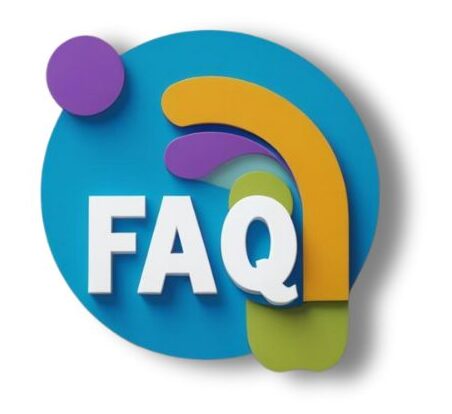Small businesses require funding for several key reasons, and the availability of funding plays a crucial role in their establishment, survival, and growth. Getting the right financial support can be a game-changer for your business. Whether you’re just starting out or looking to grow, understanding your options—from bank loans and government grants to angel investors and crowdfunding—can really set you up for success.
If you’re running a small or medium-sized business in South Africa, you know that finding the right funding can be challenging. But don’t worry—there are several options available to help you grow your business, whether you need to boost your inventory, hire new staff, smooth out cash flow, or upgrade your equipment.
Why You Might Need Funding
Every business has its reasons for seeking funding. Maybe you’re looking to expand your stock, bring more people on board, or simply improve your overall cash flow. Whatever your goal, getting the right financial support can make all the difference.
Key Avenues for Funding
- Government Funding Programmes:
The South African government offers support through grants and low-interest loans, often available via agencies like the Small Enterprise Development Agency (SEDA) and the National Youth Development Agency (NYDA). - Investor Capital and Angel Investors:
Angel investors and venture capital groups not only bring in money but also offer mentorship and valuable industry connections. - Crowdfunding Platforms:
Platforms such as StartMe enable you to raise funds from a wide range of backers, turning your idea into a community-supported project. - Private Equity and Venture Capital:
Organizations like the Southern African Venture Capital and Private Equity Association (SAVCA) work to connect investors with SMEs looking for growth capital. - Alternative Lenders:
Fintech companies are another great option, offering flexible funding with payment terms designed for short-term needs. Many of these lenders provide a straightforward online application process, often disbursing funds within 24-48 hours.
What to Consider When Choosing a Lender
- Loan Amount and Interest Rates:
Look for a principal loan amount that meets your needs while offering competitive interest rates. - Additional Fees and Repayment Options:
Understand any extra charges and check if the repayment terms—whether weekly or monthly—work for your business. - Trading History Requirements:
Some lenders might have specific requirements, such as a minimum time in business (often around 12 months), so make sure your trading history is up to date.
Getting Ready for Funding
Before you apply, take a moment to assess your business needs and repayment capacity. Keeping your records, management accounts, and tax clearance certificates current will boost your financial readiness. Some lenders might also ask for a business plan outlining your current financial status and future projections.
Remember, while accessing funding might seem daunting at first, understanding your options and preparing well can set you on the path to securing the financial support your business deserves.

Funding your small business
This page offers a comprehensive overview of funding opportunities for small and medium-sized enterprises (SMEs) in South Africa, primarily focusing on government initiatives and agencies such as SEDFA, the NEF, the IDC, and the NYDA. It details various types of financial support available, including grants, loans, equity funding, and incentives, often with a specific emphasis on supporting black entrepreneurs, youth, and women. Furthermore, the page provides guidance on the application process, necessary documentation, and strategies for securing funding, alongside highlighting common mistakes to avoid.
Sources of finance
Small businesses in South Africa have multiple funding options, including government grants and loans, private investors, fintech lenders, and traditional banks. Key government agencies like SEDA, NYDA, and DTI offer financial support, while sector-specific funds, such as the Green Fund and Tourism Transformation Fund, provide targeted assistance. Private investment options include angel investors like Jozi Angels, venture capital firms such as Newtown Partners, and crowdfunding platforms like StartMe. Fintech companies, including Lulalend and Retail Capital, offer quick-access funding, while banks and private equity firms like Business Partners Limited and Sasfin provide more traditional financing. Specialised initiatives like Khula Enterprise Finance facilitate SME bank loans, the NEF supports black-owned businesses, and the IDC funds large-scale industrial projects. Businesses should consult these organisations for specific funding advice.
Starting a business with little money
If you’re in South Africa and looking to start or grow a business—especially on a tight budget—this page can help. It breaks down practical ways to get started with little or no money, like using your skills, offering services, and keeping costs low. You’ll also find information on different funding options available for small businesses and startups, including government grants, incentives, and loans, plus details on who qualifies and how to apply. Specific business ideas that require minimal investment are mentioned, particularly in township economies. You’ll also learn about smart money management strategies like bootstrapping, customer funding, and keeping your finances in check to build a sustainable business.

